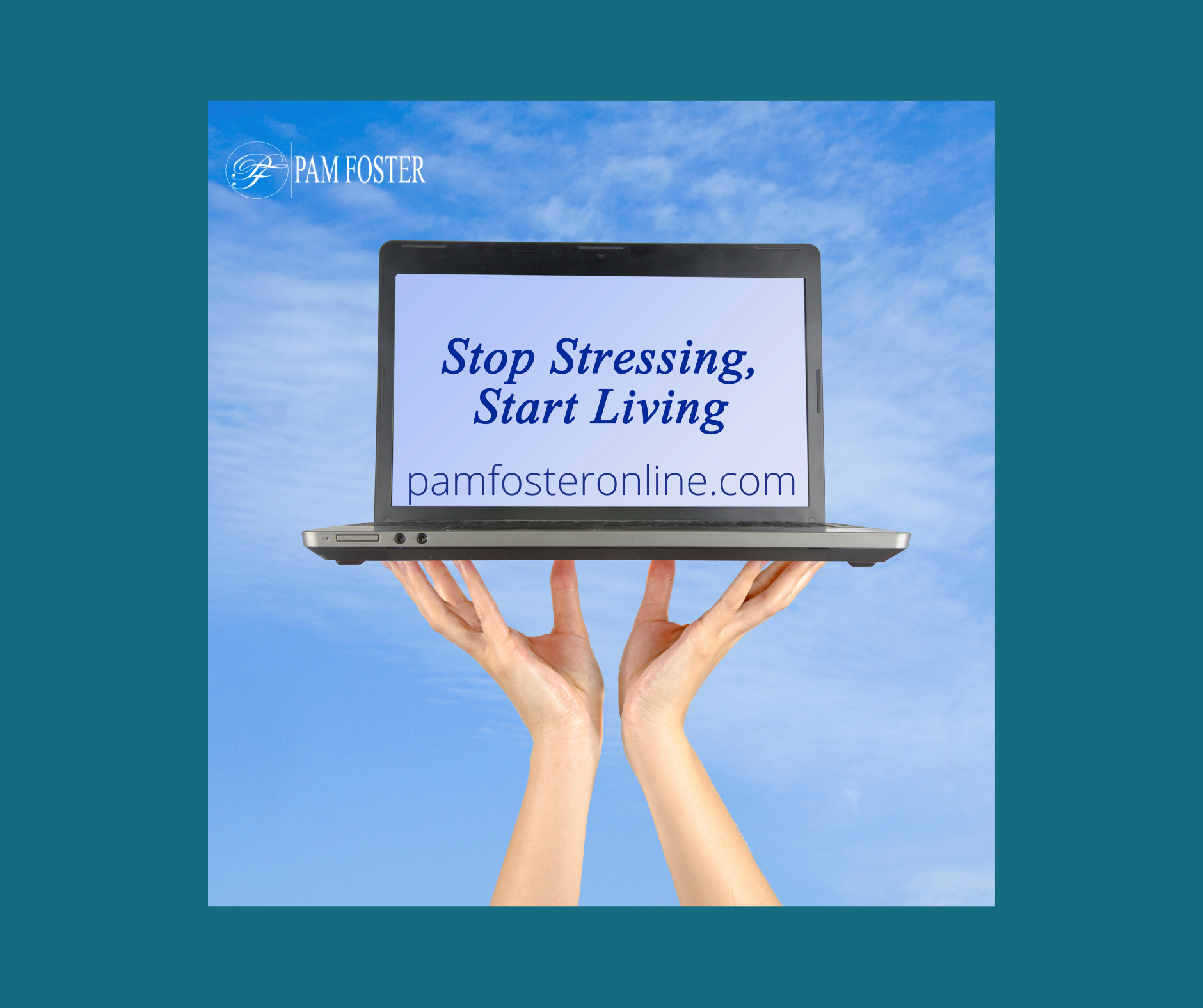One of the single most researched topics I have seen lately is people asking how to reduce stress in their lives. We will all deal with stress, and research shows that even “good” stress can cause inflammation in our bodies.
Additionally, we know that inflammation is what leads to illness. So, what can we do to decrease inflammation and keep our bodies healthy long-term?
Here are four key ways to decrease stress in your body.
While stress is often unavoidable, you can protect your skin by developing healthful daily routines to navigate stressful times better. Here are four ways we can all help address stress and better support our skin and overall health:
1. Collagen
Type I collagen is the building block of your skin’s structure. It makes up around 80% of your skin’s dermal layer. Your body produces collagen naturally, but its production may decline from chronic stress.
Likewise, collagen peptide supplementation is beneficial for maintaining healthy, hydrated skin.
Studies also show a benefit for improving collagen synthesis in the deep layers of the skin. This, in turn, helps reduce fine lines and wrinkles.
Fortunately, Collagen Elixir and Collagen Bone Broth are two delicious ways to support your skin with collagen peptides.
2. Adaptogens
As you nourish your skin with collagen peptides, you can also help keep it healthy with adaptogens. Also, priming your body with adaptogens can help strengthen its capacity to resist the adverse effects of stress.
Undoubtedly, Adaptogens—such as ashwagandha, eleuthero, and wolfberry—are unique plants. Moreover, they have been studied for their abilities to act as metabolic regulators and support mental and physical performance.
To supply your body with stress-fighting adaptogens, reach for any of the Isagenix products with potent blends of adaptogens like Ionix Supreme, e+, or Adaptogen Elixir.
3. Exercise
Exercise is one tried and true way to help relieve stress. Research consistently shows that people report feeling calmer after aerobic activity. In addition to this, the feelings can remain for several hours after exercise.
People who are physically fit and regularly participate in physical activity show fewer symptoms of psychosocial stress and fewer adverse effects of stressful life events.
4. Sleep
Getting better sleep is one easy way to feel better and look better. When you’re sleeping, the body works on itself, building and mending. Subsequently, stress hormones like cortisol can elevate when you don’t get enough quality sleep.
This, in turn, makes skin more prone to the visible signs of aging. This includes fine lines, uneven pigmentation, and reduced elasticity.
As much as possible, it’s best to focus on getting seven to nine hours of quality sleep each night. This will help support healthy cortisol levels.
Supplementing melatonin around bedtime can promote a more restful night’s sleep. Sleep Support & Renewal includes melatonin, L-theanine, valerian, tart cherry, and chamomile. All of which promote quality sleep.
Finally, look and feel your best with these steps. Proper nutrition, physical activity, and good quality sleep are ways to fight back when stress rears its ugly head. These are crucial components of your self-care and skincare routine.
Lastly, CLICK HERE to pick up my FREE list of 24 foods to include in your diet to help your skin glow and look younger.

PAM FOSTER
